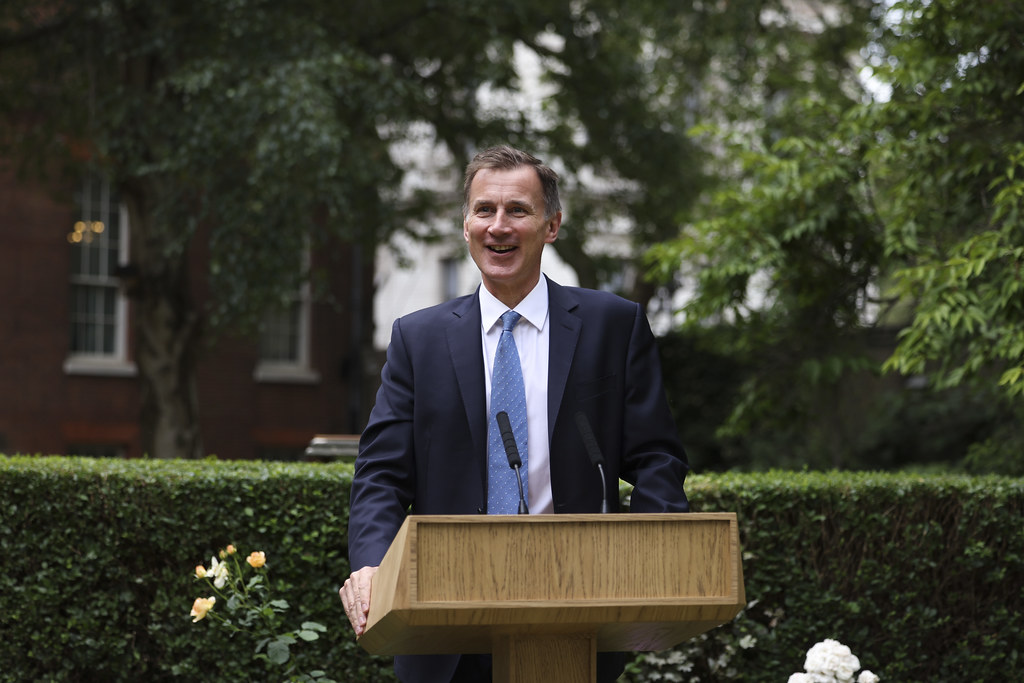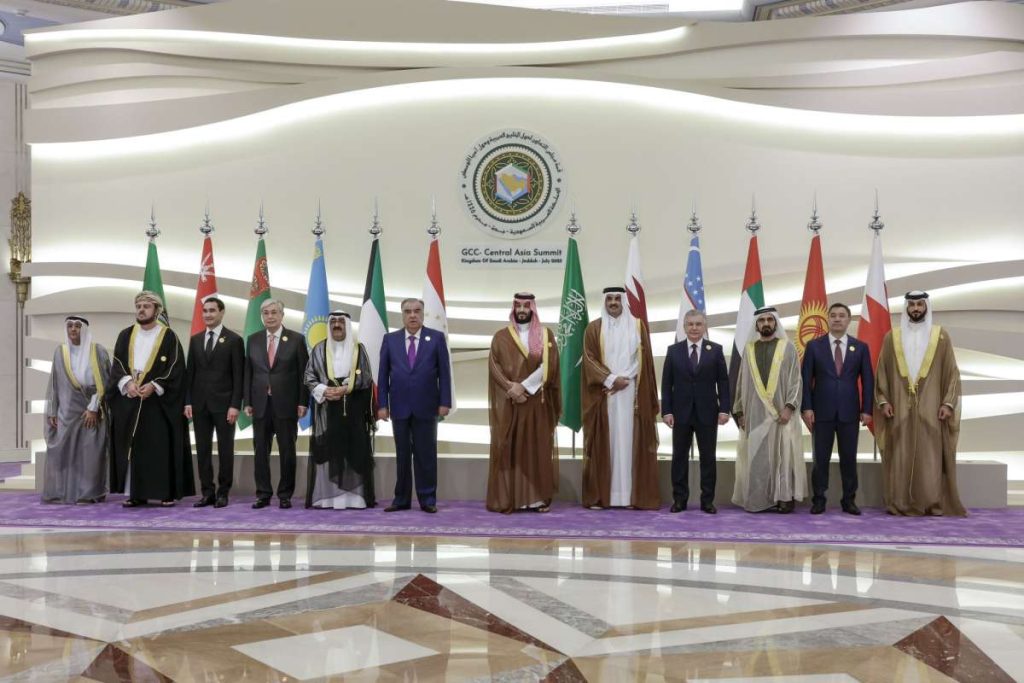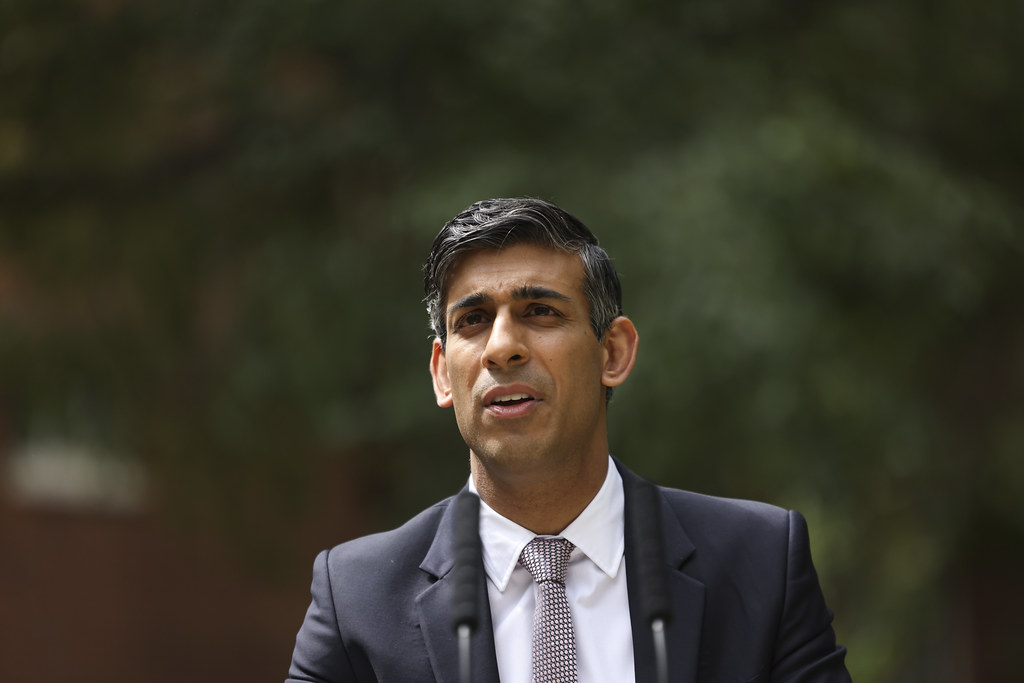The Office for National Statistics said that falling of fuel prices was the biggest driver behind the drop, while food price inflation also pared back…reports Asian Lite News
Inflation in the UK has fallen by more than anticipated to a 15-month low, official figures showed on Wednesday, a development that may ease the pressure on the Bank of England to raise interest rates sharply over the coming months, to the potential relief of struggling households.
The Office for National Statistics said that inflation, as measured by the consumer prices index, fell to 7.9 per cent in the year to June from 8.7 per cent the previous month. Most economists had expected a more modest decline to 8.2 per cent.
The statistics agency said the falling of fuel prices was the biggest driver behind the drop, while food price inflation also pared back, though they remained historically high.
Despite the decline, inflation is still running far higher than the Bank of England’s target rate of 2 per cent.
As a result, the central bank is expected to raise its main interest rate further at its upcoming meeting in early August. However, the bigger-than-expected fall may mean it only raises it by a quarter of a percentage to 5.25 per cent rather than a half-point.
That may provide homeowners who are looking to get a new mortgage deal some comfort if the sharp upward pressure on mortgage rates starts to decline.
The Bank of England, like other central banks around the world, has been raising interest rates over the past 18 months or so, firstly as a result of supply chain problems linked to the coronavirus pandemic and then by Russia’s invasion of Ukraine, which led to a sharp rise in energy and food prices in particular.
However, inflation in the UK has proved stickier than in other wealthy nations within the Group of Seven for a number of reasons.
Many economists blame Britain’s departure from the European Union as one reason for impeded trade. Others blame the Bank of England for being too slow in raising interest rates, which help dampen down inflation by making it more expensive for consumers and businesses to borrow.
“The UK still has one of the highest inflation rates of any advanced economy, but after today it merely looks bad rather than a basket case,” said James Smith, Research Director at the Resolution Foundation. “That is a very welcome improvement.” Though inflation is clearly heading down from its double-digit peak in late 2022, it is still a long way from the British government’s target to halve inflation to around 5 per cent by the end of the year.
“Inflation is falling and stands at its lowest level since last March, but we aren’t complacent and know that high prices are still a huge worry for families and businesses,” Treasury chief, Jeremy Hunt, said after the figures were released.
Although energy and fuel prices are taking headline inflation in the “right direction,” stubbornly high core inflation and food costs mean Wednesday’s print is unlikely to offer any “real relief to struggling households and businesses,” said Suren Thiru, economics director at the Institute of Chartered Accountants in England and Wales.
“June’s decline in inflation should be followed by a hefty fall in July, with lower energy bills – following the reduction in Ofgem’s energy price cap – likely to pull the headline rate below 7%,” Thiru said in a statement.
He added that core inflation should continue to trend downwards, as the lagged effects of the Bank of England’s monetary policy tightening and the government’s tax increases squeeze demand. He nevertheless warned this will come “at the expense of a notably weaker economy and higher unemployment.”
“While interest rates will probably rise again in August, focusing too much on current inflation data to set rates can lead to damaging policy mistakes given the long time lag between rate rises and their effect on the wider economy,” Thiru said.
Marcus Brookes, chief investment officer at Quilter Investors, said that the fall in CPI represented a “glimmer of light,” but “still leaves us wondering once again why the U.K. is such a drastic outlier” among major economies when it comes to inflation.
“Demand has withstood both inflation and the rise in rates, but cracks are appearing, and as more mortgage holders get exposed to the current rates, the economy is likely to be hit as a result.”
Brookes noted that this path to a likely recession next year may be necessary in order to get inflation back to target, with the Bank of England raising rates further and with fiscal tightening unlikely, as the government faces an election in 2024.
ALSO READ-Ukraine foreign minister due in Pakistan













